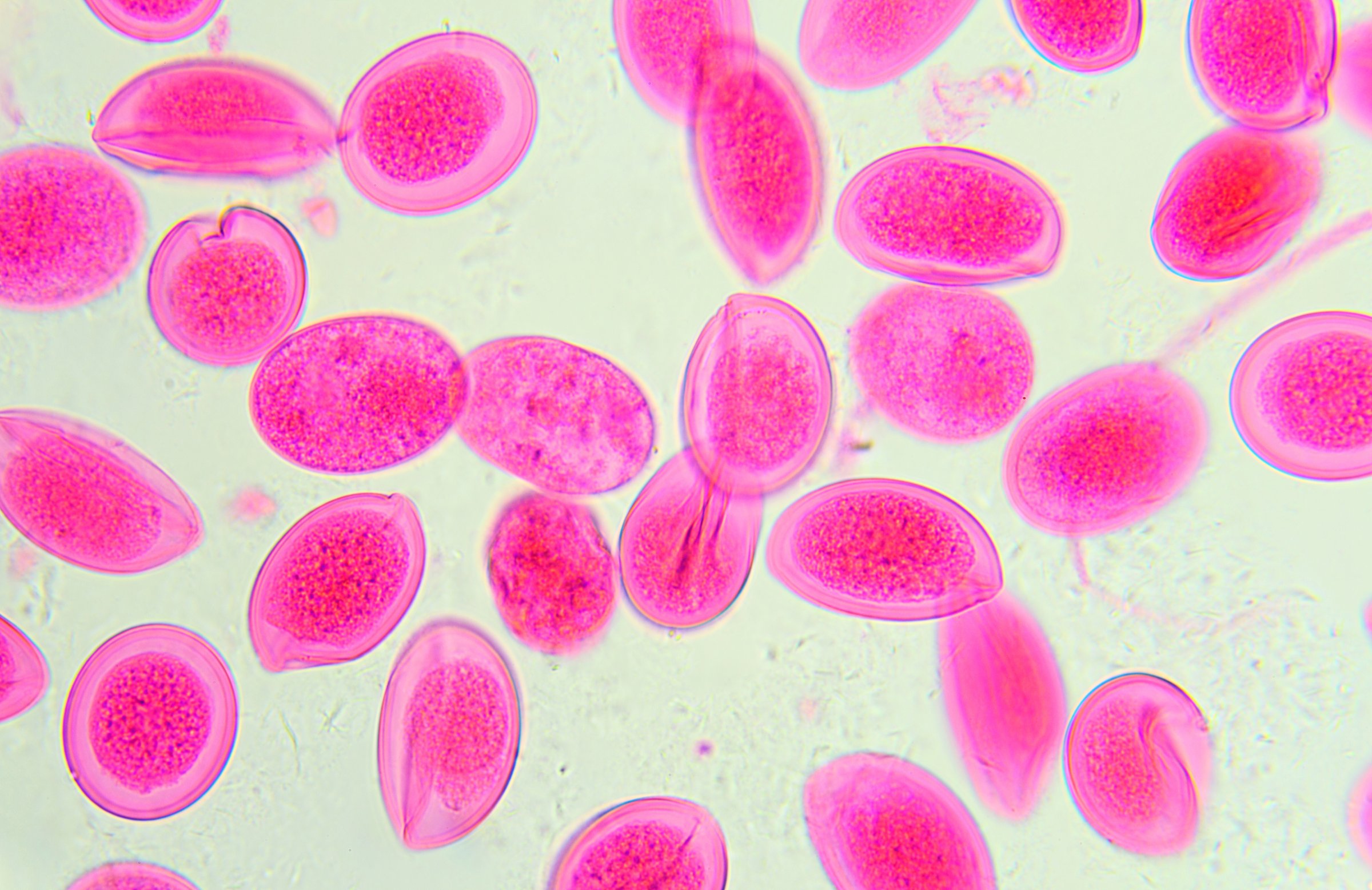
Women who are infected with a certain parasitic worm may be more likely to become pregnant, according to a new study.
The study, published in Science on Friday, studied 986 Tsimane women in Bolivia for nine years, and found that women infected with the roundworm species scaris lumbricoides had about two more children than women without the worm (Tsimane women have an average of 10 children in general). The researchers noted that the infection is associated with shortened intervals between births, and with earlier first pregnancies.
“We think the effects we see are probably due to these infections altering women’s immune systems, such that they become more or less friendly towards a pregnancy,” University of California Santa Barbara professor Aaron Blackwell, one of the study’s authors, told the BBC. The researchers suggested that a suppressed immune system due to the infection may make the body less likely to reject a fetus.
Blackwell added that further research is necessary before there could be any practical use of this potential link between the roundworm infection and fertility.
More Must-Reads from TIME
- Cybersecurity Experts Are Sounding the Alarm on DOGE
- Meet the 2025 Women of the Year
- The Harsh Truth About Disability Inclusion
- Why Do More Young Adults Have Cancer?
- Colman Domingo Leads With Radical Love
- How to Get Better at Doing Things Alone
- Michelle Zauner Stares Down the Darkness
Write to Julia Zorthian at julia.zorthian@time.com